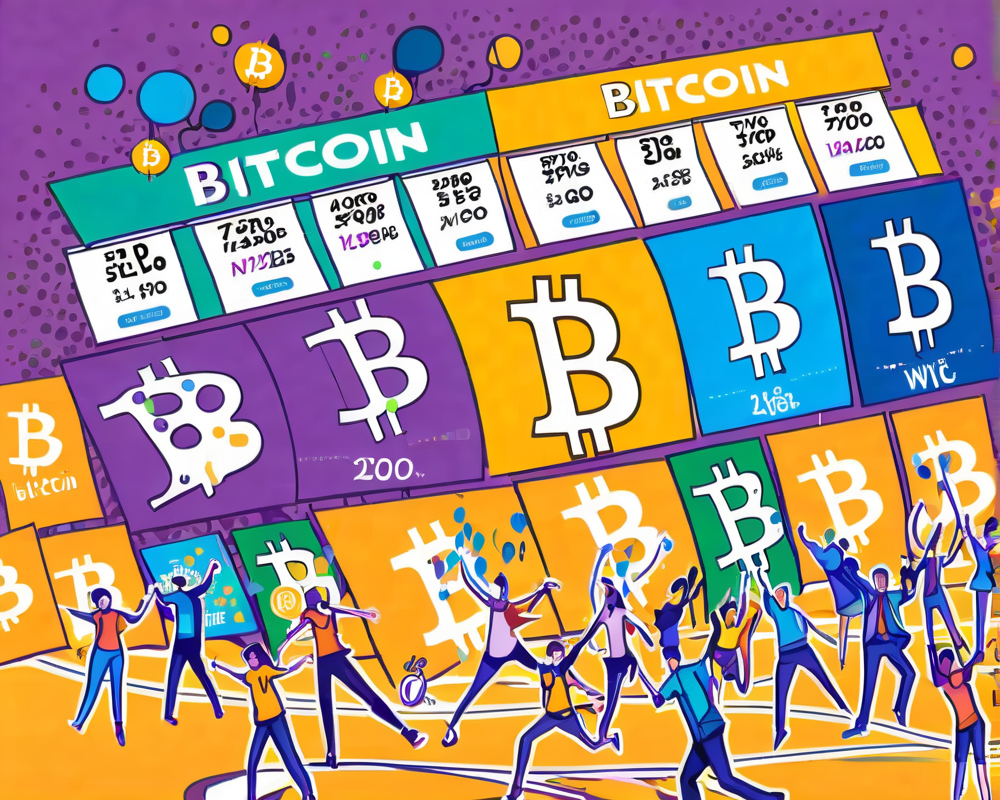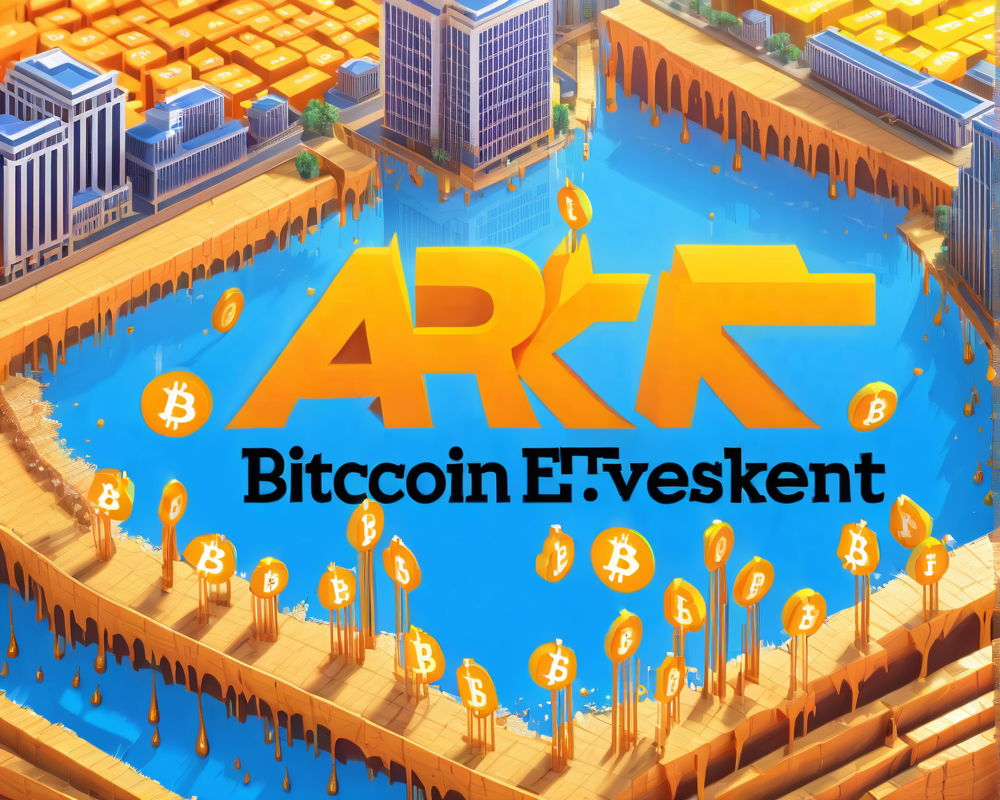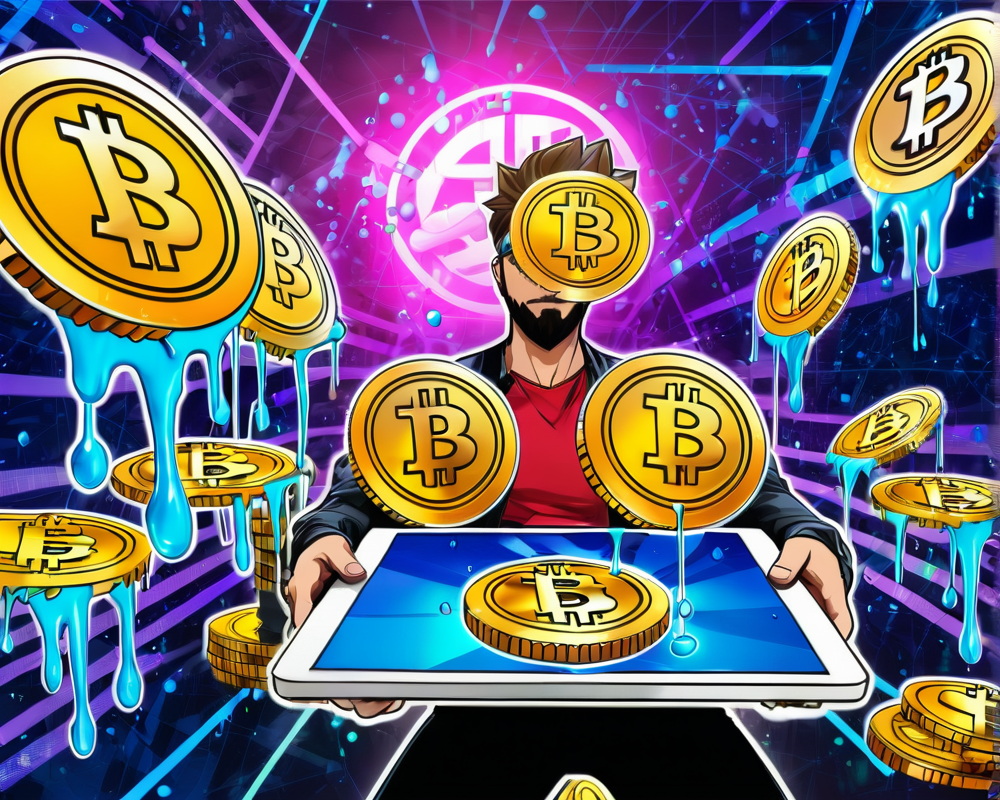Welcome to the Jungle: P2P Trading on Binance
The crypto jungle just got a little more exciting for Vietnamese traders! Binance has officially launched its peer-to-peer (P2P) trading platform, and guess what? It’s in Vietnamese dong (VND)! Now, users in Vietnam can purchase and sell cryptocurrencies directly, making it as easy as pie (or bánh mì) with just a few taps on their smartphone.
Cryptocurrencies in the Lineup
So, what can you trade? Binance is offering a solid lineup with four major players:
- Bitcoin (BTC): The king of cryptocurrencies.
- Ether (ETH): The leading alternative, powering decentralized apps everywhere.
- Tether (USDT): The stablecoin that keeps your gains safe.
- Binance Coin (BNB): The native coin of the yellow giant itself.
It’s like a starter pack for any aspiring crypto enthusiast!
Onboarding the VND: A Strategic Move
Vietnamese dong is now the second fiat currency integrated into Binance’s P2P service, following the Chinese yuan. Binance first launched its P2P trading platform in October 2019, allowing Chinese traders to navigate the watery depths of crypto confidently. Now, it seems they’ve set their sights on the dynamic Vietnamese market. But hey, why not? After all, Vietnam is emerging as a significant player in the crypto world, albeit with regulatory hurdles that sometimes feel more like a game of dodgeball.
Why P2P Matters: Not Just a Trend
You may be thinking, “This sounds cool, but what’s the big deal?” Well, P2P trading cuts out the middleman, giving traders direct control over their transactions. Imagine trading crypto without the need for a trusted third party! It’s like trading cards during recess, but without the fear of your friend backing out of the deal.
As for countries like China, where regulations are tighter than a drum—P2P trading offers a beacon of hope for those looking to explore the crypto waters without getting fried by the authorities.
The Path Ahead for Crypto Regulation in Vietnam
Now, let’s put our regulatory glasses on. Cryptocurrency regulations in Vietnam resemble a pothole-ridden road trip: bumpy and uncertain. While there’s no formal legal framework as of late March 2019, the government has previously taken a less-than-friendly approach, even halting the import of mining hardware. Will this change? It seems the government is still deciding how it wants to play this game.
Despite the hurdles, the movement toward thoughtful regulation could pave the way for a more vibrant crypto ecosystem. Keep your eyes peeled—change is coming!



